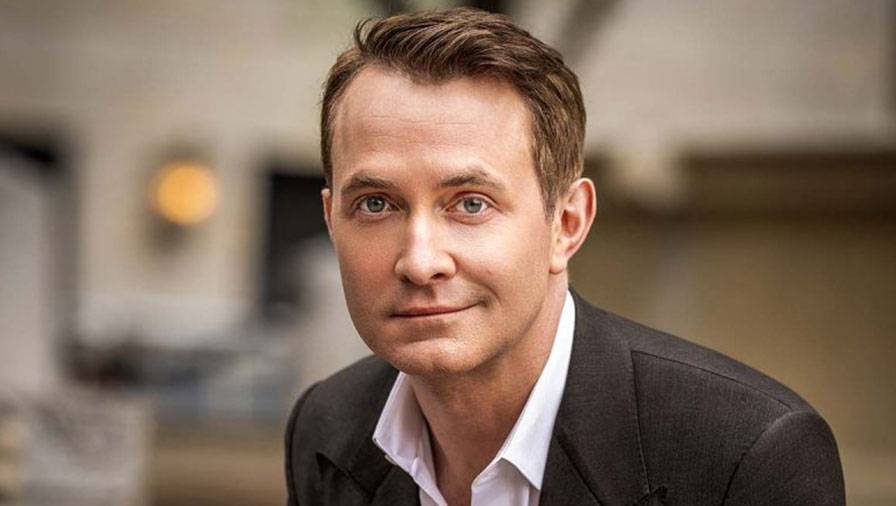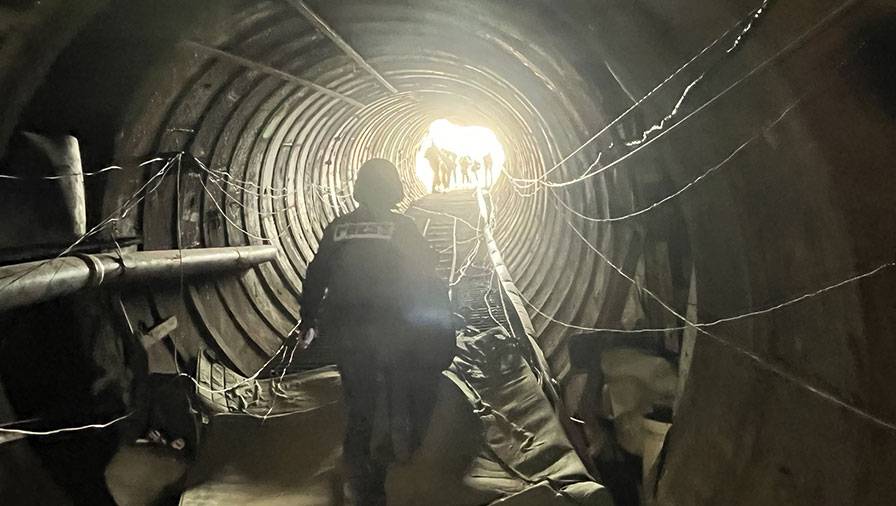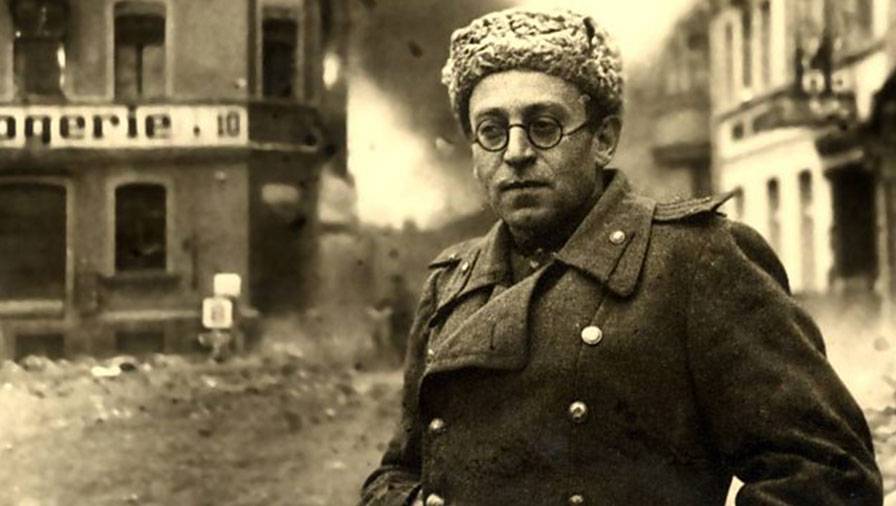Worlds at war: One man’s view
Israel-Gaza conflict reflects contradictory values.
On Democracies and Death Cults: Israel, Hamas and the future of the West, by Douglas Murray.
Israel-Gaza conflict reflects contradictory values.
On Democracies and Death Cults: Israel, Hamas and the future of the West, by Douglas Murray.
War has been on people’s minds lately. The obvious reason is Anzac Day, when the nation marks the sacrifices of those killed in battle. Speeches, books, and other reminders highlight the pros and cons of warfare.
The Government has announced a policy of increased spending on defence, citing greater tensions that affect national security. One commentator has even called for a return of compulsory military service, which, until its abolition in 1972, was a core feature of New Zealand life.
The state of the world in 2025 is also relevant. Attempts are being made to end a war of aggression by Russia against Ukraine, with the latter facing the loss of a quarter of its territory to end a daily assault by ballistic missiles and other weapons of destruction.
In the Middle East, Israel is fighting for its existence on two fronts. One has a ceasefire that has been broken by attacks on Hezbollah holdouts in Lebanon. The other, in Gaza, continues as Israel tries to eliminate an enemy, Hamas, which is holding hostages seized back on October 7, 2023.
On that date, southern Israel was invaded by some 6000 armed attackers. They targeted kibbutz settlements and young people attending the Nova outdoor music festival. The incursion was well planned, with attackers carrying detailed maps of the targets and some arriving on hang gliders.

British war correspondent Douglas Murray.
It caught those responsible for Israel’s security off guard, resulting in about 1200 deaths and some 250 kidnapped hostages. The nature of the attack was soon revealed to be at the upper end of the atrocity scale.
Extensive GoPro footage was recorded by the attackers and later recovered by Israeli authorities. It was considered unsuitable for broadcast by any world media, though it has been shown to selected groups, including in New Zealand.
Among those who saw it was British war correspondent Douglas Murray, a prominent journalist with conservative views. His outlets include The Spectator, The Times, and the Daily Telegraph in the UK, and the New York Post and National Review in the US. He also regularly appears on Australia’s Sky News, available here.
His books include Neoconservatism: Why We Need It (2006), The Strange Death of Europe (2017), The Madness of Crowds (2019), and The War on the West (2022). All warn against the effects of immigration on European societies from Muslim-dominant countries.
His latest is On Democracies and Death Cults: Israel, Hamas and the future of the West. Unsurprisingly, it’s an unstinting defence of Israel’s response to the events of October 7, 2023. Murray opposes the default position that Hamas had justifiable reasons for its actions and that Israel was not justified in responding with overwhelming use of military force.
In the media, Murray is almost alone in his defence of Israel on any platform that will have him, which mainly means the Murdoch press and conservative channels such as GB News. I am unaware of his appearance in any New Zealand media.

Ariana Grande performing on The Honeymoon Tour (2015).
Murray has spent much time in Israel observing the war first-hand. Despite the usually rushed nature of a book produced before the dust has settled, this one is well researched and incorporates the long view of historical context.
What sets it apart is not the recap of Israel’s existential threats but the nature of those forces. He labels Hamas as a ‘death cult’ because, as a jailed jihadist once taunted Murray, “We love death more than you love life.”
Unlike the Nazis, who tried to cover up or deny their actions during the Holocaust, Murray describes Hamas as being “proud of their actions” against Jews, compounded by recording them. He links the “soft target” of the Nova music festival in 2023 with the shooting of the audience at the Bataclan in Paris in 2015 and the bombing of Ariana Grande’s Manchester concert in 2017.
To Murray, these events represented “a world that seemed incapable of knowing right from wrong”. Much of his account is an attempt to explain the use of suicide bombers and the corollary of leaving Gaza's civilian population unprotected.
He visits an Israeli prison holding Gazans accused of participating in the October 7 invasion. He recognises some of them from the atrocity videos they shot. He finds their lack of remorse disturbing, and says there was nothing to learn from them. "They had decided to live their lives with one ambition – to take away life.”
In the 18 years since Israel removed its settlements from Gaza, Hamas built a vast tunnel network larger than the London Underground. It linked schools, hospitals, mosques, and residences. But the author says instead of protecting the public, its primary purpose was to hide an arsenal of weapons and rockets.

Inside one of the Gaza tunnels.
Murray also tries to explain why, in the aftermath of the 2023 invasion, attention moved immediately from the plight of victims and hostages to the issue of “proportionality” – that Israel must shape its response to what is acceptable to the outside world.
Murray ridicules this, saying war is not a matter of evening scores but of achieving a “strategic and, preferably also, moral victory”. It should deter the enemy from doing it again. Israel’s size, with a population of only a tenth that of its main enemy, Iran, means it cannot wage a war of parity.
The traditional view of warfare, espoused by the Prussian General Carl von Clausewitz in the 19th century, no longer applies, he argues. Victory doesn’t come from hitting the enemy at its strongest point; it comes from attacking the weakest, which is what Murray accuses Hamas of doing.
World opinion quickly moved against Israel as Hamas counted its casualties. Between 1967 and 1973, Israel lost its image as a David against the Goliath of the Arab world. Those roles have reversed, with Israel now seen as the “colonial” oppressor.
It turns anti-Semitism on its head. Murray quotes from the Soviet writer Vasily Grossman, who witnessed the siege of Stalingrad. It becomes a mirror of the accuser. “Anti-Semitism is always a means rather than an end,” Grossman states.
Murray writes: “Muslim countries accuse Israel of ‘colonialism’ yet the whole history of Islam has been a history of colonialism.” The main accuser is Iran, which has itself expanded through its proxies in Iraq, Syria, Lebanon, Yemen, and, of course, Gaza.

Soviet war correspondent Vasily Grossman with the Red Army in Germany, 1945.
By ignoring advice to be “proportionate”, Israel turned this third Gaza conflict into a major defeat for Iran, which saw Hezbollah hobbled in Lebanon. It also coincided with the overthrow of the Syrian regime by opponents of Bashar al-Assad. This gave Israel an opportunity to attack Iran’s anti-aircraft defence system.
Murray contrasts what he describes as the appeal of ‘death cult’ anti-Semitism in the West with the pro-life attitudes he found among Israelis, who won’t accept victory until the last of the Hamas hostages are released.
This book challenges people living in democracies to rethink their values and consider the consequences of what Murray sees as surrendering to an ideology where death is preferred to life. Murray said he found the answer among Israeli soldiers who took no joy or pleasure in their task.
“They did not do it because they loved death but exactly because they love life”, and are willing to fight for it. It’s a story you may not see or hear in the media, but in Murray these ideas have found a strong champion.
On Democracies and Death Cults: Israel, Hamas and the future of the West, by Douglas Murray (HarperCollins).
Nevil Gibson is a former editor-at-large for NBR. He has contributed film and book reviews to various publications.
This is supplied content and not commissioned or paid for by NBR.
Sign up to get the latest stories and insights delivered to your inbox – free, every day.